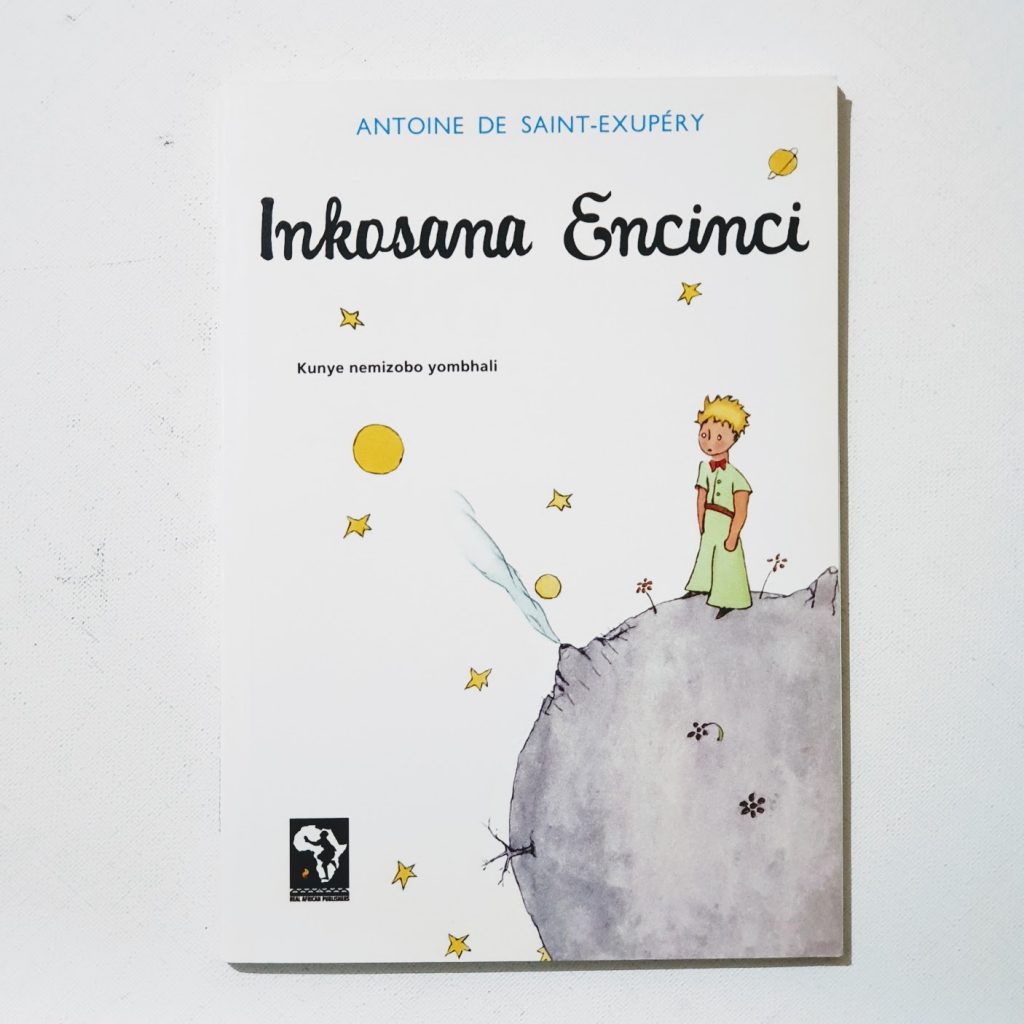
Inkosana Encinci — in Xhosa.
Xhosa, also spelled isiXhosa, is one of the official languages of South Africa and is primarily spoken by the Xhosa people, who are one of the country’s largest ethnic groups. Xhosa is a member of the Bantu language family and is known for its unique linguistic features, rich oral traditions, and cultural significance.
Xhosa is predominantly spoken in the Eastern Cape Province of South Africa, but it is also spoken in parts of the Western Cape Province, the Free State, and the Northern Cape. It is one of the most widely spoken languages in South Africa, alongside Zulu, Afrikaans, and English.
Xhosa belongs to the Bantu language family, which is a group of related languages spoken in sub-Saharan Africa. Bantu languages share a common origin and many structural similarities.
Xhosa is notable for its inclusion of click consonants, which are speech sounds produced by a rapid release of air in the mouth. Xhosa has three types of clicks: dental (pronounced with the tongue against the front teeth), lateral (pronounced with the tongue against the side of the mouth), and alveolar (pronounced with the tongue against the roof of the mouth).
Xhosa is written using the Latin script, with additional diacritic marks to represent specific sounds, including the clicks. The orthography is relatively standardised, making it accessible for reading and writing.
Xhosa, along with Zulu, Sotho, Tswana, Swazi, Venda, and Tsonga, is one of South Africa’s 11 official languages. This official status reflects the country’s linguistic diversity and cultural heritage. One of the most famous speakers of Xhosa was Nelson Mandela, the iconic anti-apartheid activist and former President of South Africa. He was a native Xhosa speaker and used the language in his speeches and writings.


